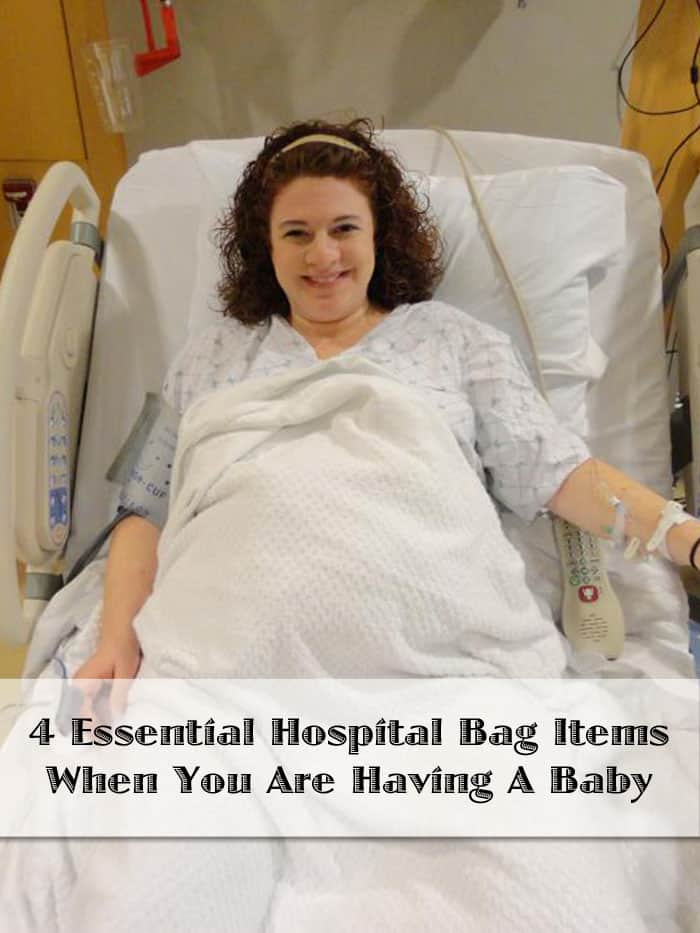
May is Preeclampsia Awareness month. As a pregnancy disease, it is something that pregnant women are vaguely aware of, but many do not know what the signs and symptoms are. Knowing these signs, however, can save your life — and also the life of your baby. Trust me, I have experienced preeclampsia firsthand.
I was 36 weeks pregnant. My pregnancy had been rough, but it definitely could have been worse. However, on this night something just seemed off. E wasn’t moving around as much and I was worried. Maybe it was a mother’s intuition, but I just felt that I needed to go to the hospital.
We got to the hospital and they hooked me up to the monitors. I was never so happy to hear that heartbeat on the monitor. Everything seemed to be good, and they were getting ready to discharge me, when they found a problem. My blood pressure was high.
Really high. Scary high.
For the next four days I had to go through a battery of tests. Urine catches. Doctor appointments. Ultrasounds. On Friday, I went to the doctor which is where I was told that my urine protein was four times the normal level. They said that I would need to be induced. As in that day.
I don’t need to go into all of the details, but I was immediately sent to Labor and Delivery and was hooked up to Magnesium Sulfate (to keep me from having a stroke or a seizure), and 21 hours later my beautiful son was born.
Although everything turned out ok in my case, some other women and their babies aren’t so lucky.
If you are pregnant, it is important to know the signs of preeclampsia. Remember, preeclampsia is a pregnancy disorder and if left untreated it can be dangerous. This is why it is so important to know the signs and symptoms. According to the Preeclampsia Foundation’s website, symptoms of preeclampsia include
- Swelling of the hands and face, especially around the eyes (swelling of the feet is more common in late pregnancy and probably not a sign of preeclampsia)
- Weight gain of more than five pounds in a week
- Headache that won’t go away, even after taking medication such as acetaminophen
- Changes in vision like seeing spots or flashing lights; partial or total loss of eyesight
- Nausea or throwing up, especially suddenly, after mid pregnancy (not the morning sickness that many women experience in early pregnancy)
- Upper right belly pain, sometimes mistaken for indigestion or the flu
- Difficulty breathing, gasping, or panting
It is so important that you trust your instincts. If you have one or more of these symptoms, be sure to talk to your doctor or midwife right away. Remember, even though you may have symptoms it doesn’t necessarily mean that you have preeclampsia, but they are cause for concern and need to be evaluated.








My daughter had preeclampsia with her last pregnancy. She delivered Parker by C-section, and 10 days later had a stroke. Her neurologist said that it was probably caused due to complications of the pregnancy. I was shocked, because I thought that once the baby was born that the possibility of complications was over with. Luckily, my daughter was already en route to the hospital due having what she thought was a severe migraine headache with nausea. She has recovered quite well, and except for having some stroke related hearing loss, you would never be able to tell she had one.